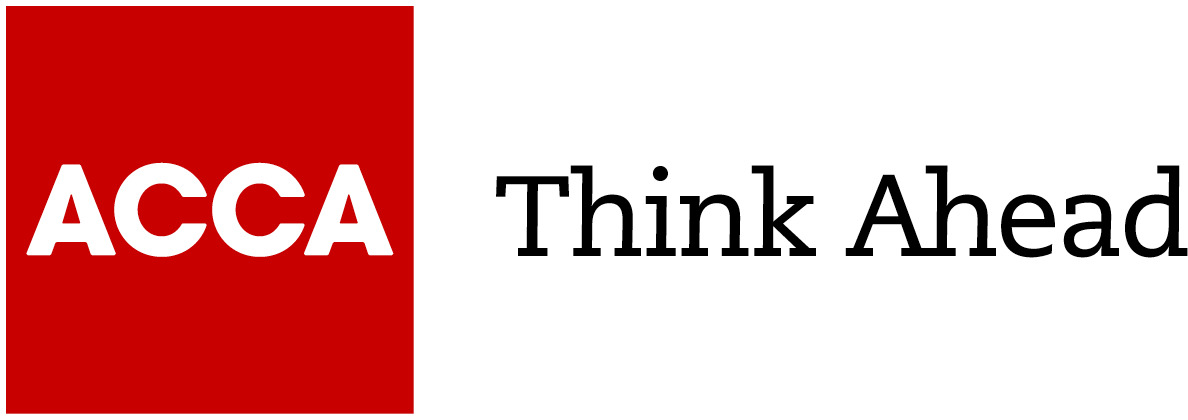The future of employee health and wellbeing isn’t about fixing problems, it’s about preventing them.

What’s causing poor mental health? And how can HR leaders improve employees’ mental wellbeing at work?

How many employers are using artificial intelligence (AI) to recruit new staff, and why?

With so much at stake in terms of employee retention, customer experience and brand, organisations are turning to in-house training to enable their workforces to be more productive and make them feel...

Culture plays a critical role in the success of any business, with a traceable impact on the bottom line.

The world is moving into an era of constant disruption, with powerful global forces reshaping the way we work and live, meaning business confidence is volatile.

For HR leaders seeking a better way to support their staff and protect the bottom line, it’s clear a more proactive approach to mental health is needed.

Apprenticeships have become a core part of how the UK government plans to ‘build back better’ after the pandemic.

A cancer diagnosis, either personally or of a loved one, is likely to affect every single one of us at some point in our lifetimes, yet the subject remains a taboo in the workplace.

The pandemic has thrown the global talent market into crisis and many people are now considering their options when it comes to a new career path and what they want from their job.

During the past century, employee recognition consisted of managers giving their employees tactical forms of reward – like pins or watches – for simply sticking around.

Improving employee experience begins with understanding an employee’s point of view, but some organisations are currently failing to do that.
